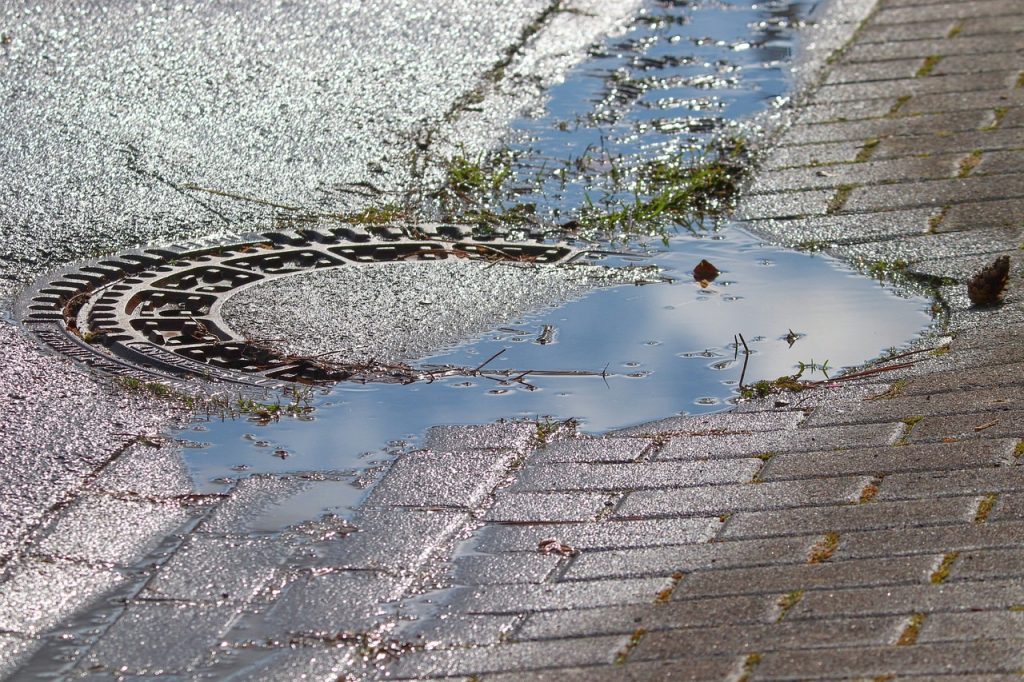Stormwater, while it may fall fresh from the sky, can collect a vast array of pollutants as it flows over rooftops and land, and these ultimately end up in the natural waterways and even the water supply, despite there being a stormwater management system in place. As such, it’s crucial to minimize stormwater pollution.
This is particularly important in industrial sites. Industrial waste, if it enters the stormwater system, can cause enormous damage to the environment and human life.
Any contaminants that enter the storm sewer system will ultimately flow into the waterways which source our supplies for food, recreation, and gardening.
Many businesses use hazardous chemicals and other materials that can cause harm to human, animal, and aquatic life. It is the responsibility of industrial and other businesses to have a stormwater management plan in place.
Tips to Prevent Stormwater Pollution in your Workplace
- Identify contaminant risks and develop plans to mitigate these
- Educate and train employees about stormwater pollution and their role in its management
- Identify and flag all stormwater drains within and around the site
- Secure lids on all waste and rubbish bins so litter can’t blow out
- Prevent water from oil traps, filters, separators, washing or discharge points from flowing into stormwater drains
- Use roofing to minimize rainwater runoff to areas that drain into stormwater drains
- Don’t operate machinery or work with spill risks in areas that drain to stormwater drains
- Use channels or bunding to prevent rain from running from “clean” areas (driveways, car parks) through work areas. (Dirty water pollutes clean areas; clean water flowing across a work area increases the amount of wastewater requiring treatment.
- Implement and review stormwater management plans
You should also:
- Make sure to have spill kits closely accessible in areas where spills are a possibility, and ensure all employees are trained in their use
- Use spill trays
- Ensure floors are kept clean
- Correctly store and label all materials that could potentially wash offsite
- Maintain vehicles and machinery
- Minimize waste stored onsite
With proper stormwater management, workplaces reduce risks of compromising water quality in the area and beyond due to business activities and workplace practices.
Written by Luke Bonaventura, Staff Writer at www.WHIA.com.au


